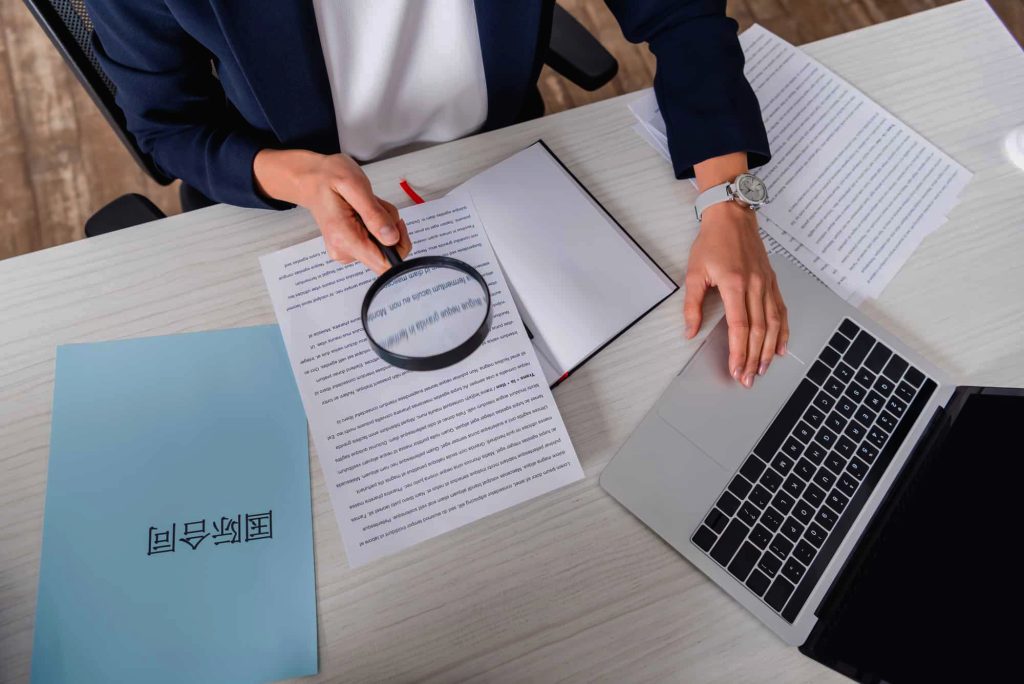Words
1
M

Projects
1000

clients
100

Languages
1
Fast, accurate, and effective technical translation services in +185 languages.
Are you looking to drive your business in new markets and connect with global partners and customers worldwide? As a professional technical translation agency with two decades of experience, bayantech is your trusted partner for international success.
We provide high-quality technical translation services across a wide range of technical sectors in more than 185 languages. Whether you’re looking to expand into the Middle East, Europe, or Asia, we have extensive expertise serving clients worldwide and can give your business the support it needs in global markets.

Our language services conform to International ISO 9001 and ISO 17100 quality standards, giving you confidence that premium quality and complete data protection are guaranteed. And since speed is also critical to you, our expert teams use translation technologies to ensure accuracy and speed every single time, giving you fast time to market with no compromises.
Our translations are always delivered within your requested timeline, in adherence to your industry’s quality standards, and at the most competitive rates. Request a free quote now and experience it yourself!
Get the best technical translation services by the finest Experts in the field. Certified, Accurate, and fast.

At bayantech, we are committed to providing our clients with comprehensive support throughout their entire journey in foreign markets. Our tailored translation and localization solutions are designed to meet the unique needs of businesses across various industries, including technology, engineering, and manufacturing.
Our technical translation services cover all stages of your product’s lifecycle, from development to post-market. Whether you need to translate medical device manuals, commercial materials, or any other type of content, our expert linguists and subject matter specialists are here to help.
We have experience translating a broad range of technical documents, including:

Operating & Installation Manuals

Safety and User Manuals

User Guides

Technical Instructions

Technical Data Sheets

Patents

CAD Drawings

Presentations

Brochures and Catalogs

eLearning and Training Materials

Software and Hardware UI

Marketing Materials

Multimedia Audio and Video

Websites and Apps













Agriculture

Automotive

Energy

Engineering

Finance

Heavy Machinery & Construction Equipment

Life Sciences

Law

Medicine and Science

Software & Technology
Over the Course of the years, bayantech has become one of trusted, reliable, and innovative partner of choice. we have forged notable partnerships with some of the largest international companies and organizations as well as distinguished global operators.

When translating technical documents, working with a language partner who maintains effective terminology management is something you must be looking for. This is because the accuracy and quality of technical language translation hinges on using correct terminology consistently across all documents.
To ensure consistency, bayantech relies on advanced translation management platforms that support translation tools such as CAT tools, translation memory, termbases, and dictionaries. Also, before we start working on the project, our team develops glossaries and style guides tailored to your brand.
With your team’s input and feedback, we build a list of standardized terms and their preferred translations, and for style guides, we incorporate key elements of your business. This all guarantees the usage of the right technical terminology consistently, ensuring accurate translations that align with your brand style and tone.
With bayantech, your translation project is in the hands of professional translators. But, unlike any other translation company, bayantech only relies on translators who are also technical translation specialists.
Our translators have degrees in their specialized fields and years of professional practice. Their linguistic capabilities coupled with their industry expertise allow them to effortlessly convey your communications the right way. Additionally, they have a sound knowledge of technical writing principles, which helps them adhere to the source text’s clarity, smooth flow, and effectiveness.

They dedicate time to research and understand the context of the project and the intended audience. Only then, they can provide technical translation services of linguistic fluency, technical precision, and suitability for the target market.
Get in touch with our team today and see how bayantech can help you with fast and effective technical translation.

At bayantech, we maintain the highest level of quality control standards for all translation projects, from submission to delivery. Our project management team starts by understanding your business needs, timeline, and budget. This wayو we can assign language professionals who meet project requirements.
During the translation process, our linguists perform a strict 3-EYE quality assurance process of Translation, Editing, and Proofreading in addition to other linguistic reviews. Each step is performed by different yet equally qualified linguists who possess excellent knowledge of industry specific guidelines. This quality assurance process ensures we deliver consistent and accurate technical translation every time.
bayantech offers innovative translation and localization services across a range of industries.

Our comprehensive technical translation services include localization and Desktop Publishing (DTP) solutions. Our DTP specialists work on preserving the integrity of your document’s format across different languages – ensuring that your translated content maintains its visual appearance.
We support a wide range of writing systems, including Right-to-Left (RTL), Left-to-Right (LTR), and bidirectional scripts, as well as various character sets, including double-byte for websites. Furthermore, we work with all file formats, both editable and non-editable, and can deliver the final product in the original format or any other format of your choice.
To maximize the impact of your communication, our localization experts carefully adapt every single aspect of your content to meet your target market’s local conventions and technical requirements. This includes localizing visual elements, units of measurement, date formats, design, and layout.
Flawlessly adapted as they are, your documents, intended for printing and digital publishing, will be a faithful copy of the original version. Take the first step toward international success by getting in touch with bayantech today!
We help you expand your business with our professional language translation service,
supporting the most challenging languages.


